Distilling Passion and Persistence: Roddy Battajon's Journey with Rhum Belami
Established by French expatriate Roddy, Rhum Belami stands as a testament to artisanal spirits in Vietnam's burgeoning market for locally-handcrafted liquors. The heart of this first-of-its-kind rum brand beats in a micro-distillery, where Roddy meticulously oversees the creation process. A homage to human craftsmanship, every bottle of Rhum Belami is made exclusively upon order, a boutique-style approach that, despite its challenges, has captivated wine connoisseurs worldwide with its unmistakable savoir-faire. Today, from its birthplace in 2016, Rhum Belami's presence graces fine-dining venues in Vietnam, such as Anan Saigon and Herve Dining, and stretches across continents, from Taiwan to the United States.
The allure of Rhum Belami is not solely in its artful distillation. Roddy's commitment to locally-sourced ingredients, like the quintessential Vietnamese black sugar cane, infuses each bottle with a unique Vietnamese essence, a testament to his dedication to quality and sustainability. This international acclaim sets the stage for a deeper exploration into Roddy's journey and philosophy, as we transition to our exclusive interview with the creator of Rhum Belami, a brand that redefines the rum industry with its artisanal touch.
Photo courtesy of The Dot Magazine
About Rhum Belami
1. Can you tell us about the origin story of your Vietnamese rum brand and what inspired you to start it in Vietnam?
From Paris to Saigon, I found myself navigating a sea of cultural differences and economic disparities, living in a shared apartment with fellow expats. Amid these challenges, a unique entrepreneurial idea emerged: to create R.B, the first rum brand in Vietnam. Born from the hardship of an expatriate's life and the struggles of entrepreneurship, R.B became a testament to the battles every entrepreneur must face before finding stability. Seven years ago, Vietnam's rum import scene was a catastrophe, characterized by poor taste and limited brand diversity. My observations of this market led me to the path of home distillation.
Resisting the current in a country where alcohol advertising is strictly forbidden, I aimed to produce a distinctive, high-quality spirit that would stand out amidst the low-grade liquors flooding the market. With local ingredients and semi-industrial equipment akin to a micro-distillery, I embarked on a journey to craft a unique spirit, inspired by the local rice moonshiners. We trust in science and technology for quality control of the sugarcane and fermentation processes, but we don't let machinery dictate our entire production. In essence, R.B's mission has been to create a unique, less commonplace spirit, always handcrafted and respectful of the traditions that make it distinctively Vietnamese.
2. What unique qualities does your rum possess that sets it apart from other rum brands on the market?
The unique qualities of Rhum Belami? First and foremost, it's the main ingredient, the most critical one for making rum – the black sugar cane. In the whole world, only two entities use this sugar cane to make rum officially: Bologne for the Western part and Belami for the Eastern. The second quality is our dedication to the craft industry. Every bottle has been handcrafted since the beginning, seven years ago. We don't use a big chain alcohol system with automated pumps and trails; we spend an incredible amount of time crafting our product because, in the end, it resembles a true piece of art. Machines, as of yet, cannot create emotions through a packaging chain. So, to sum it up, Rhum Belami offers delight for both your eyes and your palate.
3. How do the geography, climate, and ingredients of Vietnam influence the flavor and process of making your rum?
The tropical climate of Vietnam, with its humidity and intense sunlight, is undeniably beneficial for cultivating sugar cane. However, the process of harvesting, extracting fresh juice from the sugar cane, and fermenting can be challenging due to this climate. The temperature, especially during fermentation, can reach extreme heights, potentially causing trouble for the yeast population or affecting its ability to convert sugar into alcohol. Living as a Vietnamese, I've become accustomed to these temperature variations across seasons, so I update my production schedule each year to avoid any strenuous activities during the hot season. The monsoon season is also a challenge; it's good for crop fields but can lead to flooded streets, sometimes leaving the distillery completely surrounded by water, like an island.
Photo courtesy of Vietcetera
4. Can you talk a bit about the fermentation and distillation process of your rum? What unique methods do you employ?
In our rum production, we employ either spontaneous fermentations or those activated by a complementary seeding of baker’s yeasts. However, these methods often lack strict controls and are difficult to analyze, especially here in Vietnam. My goal was to incorporate a yeast adapted to our rum fermentation, to increase the control over the process, reduce ethanol losses, limit bacterial contamination, and streamline operations in the distillery. Yeasts produce enzymes that react with sugar to produce ethanol, and we found that the most effective yeast for fermenting cane juice is located on the cane plant itself. With the right laboratory and numerous tests, this approach proved more efficient in terms of ethanol productivity and cost savings.
We recently purchased a fractionating column still, which separates the mixture by allowing the mixed vapors to cool, condense, and vaporize again according to Raoult's law. The increased surface area allows for more cycles and improved separation. Before, I had a basic pot still and had to distill nearly three times to produce a small quantity of rum. But with the new setup, we can now operate continuously, producing more rum with increasing quality and less waste. This has enabled us to reach new horizons for export. We always strive for quality over quantity, working non-stop to ensure we have enough stock for daily operations, aging, and reserving for special limited editions.
5. What is your favorite part of the rum production process, and why?
I wear multiple hats in my company, so it's hard to choose a favorite part as I enjoy all aspects. However, one unique experience I cherish is hosting the '5 senses' experiences in art galleries like Hoa Tay in D1. This role as a mixologist/brand ambassador, especially during World CCI events, is new to me since moving to Vietnam. I take great pleasure in showcasing Vietnam's standing in luxury spirits and bespoke events to other countries.
But if I had to choose, I would favor the crafting process. Fermenting is stressful - a single mistake can ruin your entire batch. Distillation, even with powerful machines, requires patience, and it's laborious - you have to endure the alcohol vapor on your face before reaching the precious final product. But the last process, where I use my skills to seal the bottle, is my ultimate connection to my customers. This step has resulted in many injuries due to handling hot wax, fire, and other equipment. But seeing the reaction of a customer receiving their bottle after numerous unsuccessful attempts elsewhere, especially as we intentionally don't sell in overpriced supermarkets like Anam Gourmet, is rewarding. To witness a client visiting my distillery, observing me finish the bottle, and sign it with their name is priceless.
6. How do you aim to honor and incorporate Vietnamese tradition and culture in your rum-making process and brand image?
Honoring Vietnamese tradition and culture in our rum-making process is a matter of incorporating the fundamental tastes of Vietnamese cuisine - spicy, sour, bitter, salty, and sweet - into our spirits. The focus is on satisfying locals first, not merely appealing to foreigners. Our method involves using natural, locally sourced ingredients, much like chefs who frequent nearby markets to buy fresh produce. We choose to use vesou, pure sugarcane juice, instead of the widely used, cheaper molasses, to retain the characteristic flavor of cane, instead of settling for the more neutral taste that molasses yields.
The Vietnamese ethos of hard work is echoed in our brand image. Much like the diligent Vietnamese workers, we too are ready to work tirelessly, often seven days a week, to produce what we believe to be the true essence of cane liquor. It's a product of no secrets, just sweat and dedication.
Respect is key to our operation - respect for the land that provides the cane and respect for our customers by offering them something unique and memorable. This approach has seen Michelin Chefs creating entire dishes with our Rhum, and top resorts, such as Six Senses and Melia, crafting bespoke experiences around it. From the field to the table, our brand embodies the respect and dedication intrinsic to Vietnamese culture.
Photo courtesy of Rhum Belami
Vietnam’s Craft Spirit Market
1. Describe Vietnam’s craft spirit market in three words. Steadfast product domain.
Steadfast product domain.
These three words encapsulate Vietnam's craft spirit market. As a steadfast product domain, it continues to grow even amid challenges like the Covid-19 pandemic. The market's growth is not only observed in Vietnam but also globally. It's particularly powered by millennials, who are increasingly economically independent and favor spending on leisure activities. Their preference for quality, sustainability, and unique experiences over mass-produced items is reshaping the craft spirits market. Despite the hurdles of lockdowns and border closures during the pandemic, this group has remained actively engaged, participating in activities like online cocktail classes and continuing to demand craft spirits.
2. What is something about Vietnamese craft rum that people don’t know?
The lesser-known facet about Vietnamese craft rum is its sippability and health-conscious elements. A common perception is that rum is typically a base spirit for sweet, tropical cocktails like Pina Coladas or Mojitos. However, the high-quality, nuanced flavors of our craft rum, whether it be Calyx, Legacy, or Premium Edition, are best appreciated when sipped neat or on the rocks. Not many people know that our rum can be enjoyed straight, at any time of the day, without the need for masking mixers or excessive sugar.
Moreover, we are committed to organic production, eagerly awaiting our bio certification once it's officially established in Vietnam. Our rum is imbued with a variety of botanicals that are super ingredients for human health, including turmeric, cinnamon, Phu Quoc pepper, and anise. So, if you're seeking a healthier, more flavorful, and distinctive spirit experience, it's worth trying our rum in simple, sophisticated drinks like a Belami Negroni or Roddy Martini, which you can find at places like Luu Bar in the Binh Thanh district.
3. As one of Vietnam’s craft spirit pioneers, what were some of the challenges you faced when starting and growing your rum brand, and how did you overcome them?
When I started as a pioneer in Vietnam's craft spirits domain, my primary challenge was gaining control over production. Being equipped with knowledge predominantly from Western countries, finding essential quality control tools such as ethanol checks, pH analysis equipment, and methanol contamination detectors were either exorbitantly priced or not available in Vietnam. To exacerbate matters, importing vital equipment like distillation apparatus was fraught with difficulties, including arbitrary customs fees that significantly exceeded the original cost of the items. Overcoming these obstacles meant finding creative solutions and, in many instances, building my equipment from scratch, with patience, skill, and the help of local Vietnamese craftsmen.
However, the most challenging hurdle was when an employee's mistake led to the loss of 600 bottles of rum, each representing 45 minutes of meticulous crafting and countless days of production and aging. The emotional toll of such a setback was enormous, leading to moments of self-doubt and questioning. However, those trials served to fortify my resolve and led to decisive actions to ensure such mistakes are not repeated. Consequently, the brand has grown to attain an international reputation, being distributed in over 15 countries. This journey has taught me that in this industry, one mistake could not only ruin a brand's reputation but potentially have life-threatening consequences. Thus, the drive for perfection is not an exaggeration but a necessity.
Photo courtesy of Anton Scholz
4. How do you feel the receptiveness to Vietnamese craft spirits has changed over the years in Vietnam and around the world?
The receptiveness to Vietnamese craft spirits, especially rum, has significantly transformed both domestically and globally. I happened to be in the right place at the right time as rum was gaining market traction while other spirits declined. Introducing craft rum to Vietnam seven years ago sparked this shift; today, local and expatriate consumers confidently opt for locally-produced spirits over mainstream brands, promoting a sense of local pride. It's not just about the unique taste of our craft rum, but also the value in supporting the local economy. From the staff we employ to our partnerships with bars, restaurants, and suppliers, Rhum Belami champions local industries, which has resonated positively with our customers.
5. How do you handle competition in the liquor industry, especially considering that rum is traditionally associated with regions like the Caribbean?
Despite rum's traditional association with regions like the Caribbean, I've never perceived competition in the local liquor industry as a significant issue. Rather than engaging in rivalry, I focus on the unique qualities and dedicated craftsmanship that set our brand apart. I started Rhum Belami from scratch, which engenders a distinct perspective compared to large corporations or those who seek to mimic our style.
There's a significant difference in attitude and approach: we're not in a race for short-term accolades or relentless product launches. We value the well-being of our employees and strive for sustainable, organic growth. In the grand scheme, Caribbean rum giants likely view us as a small fish, but our objective isn't to challenge them. It's about learning, improving, and growing our brand authentically, and one day, with an AOP certification or equivalent for Vietnam, we'll be recognized on a global scale for our dedication and quality. We don't aim for less than to take Belami worldwide.
Photo courtesy of The Dot Magazine
Looking To The Future
1. Where do you see your brand in the next five years? Are there any plans for expansion or new product lines?
Over the next five years, I foresee Belami reaching patrons in China, Korea, Japan, Canada, and several European nations. Our plan is to be recognized not just in Michelin-star restaurants and luxurious resorts, but also in local warehouses for a fair distribution. Expansion is already in motion, with our joint venture in Taiwan. Regarding product lines, while maintaining the quality of our existing range, we're looking forward to unveiling an aged Rhum XO for our upcoming anniversary.
Emphasizing our commitment to sustainability, we've collaborated with Frederic Sotteau for "Café Le Caiffa", a unique Rhum and Coffee blend set to launch in 2023, packaged in compostable capsules or paper pods. Additionally, we've partnered with French brewers to develop an IPA aged in Rhum barrels, a concept that won recognition at the Frankfurt International Competition, cementing our devotion to innovation while respecting our craft's tradition and quality.
2. Finally, what would you want consumers to understand or appreciate most about your Vietnamese rum brand?
I would like consumers to understand that they always have a choice. In an era of increasing consumer awareness, it's essential to realize that we're not merely pawns who must buy what large companies market to us. You can explore, refine your palate, and gain knowledge through experiences like masterclasses or distillery visits where we explain our process. Embracing smaller producers helps support the dedicated artisans working hard to perfect their craft, rather than merely padding the wallets of corporate CEOs. By collaborating with local partners in diverse fields like coffee and ice cream, we're also striving to offer unique, proudly Vietnamese experiences. So when you choose Belami, you're not just choosing a rum, you're choosing to be a part of a local, artisanal movement that values quality, tradition, and innovation.
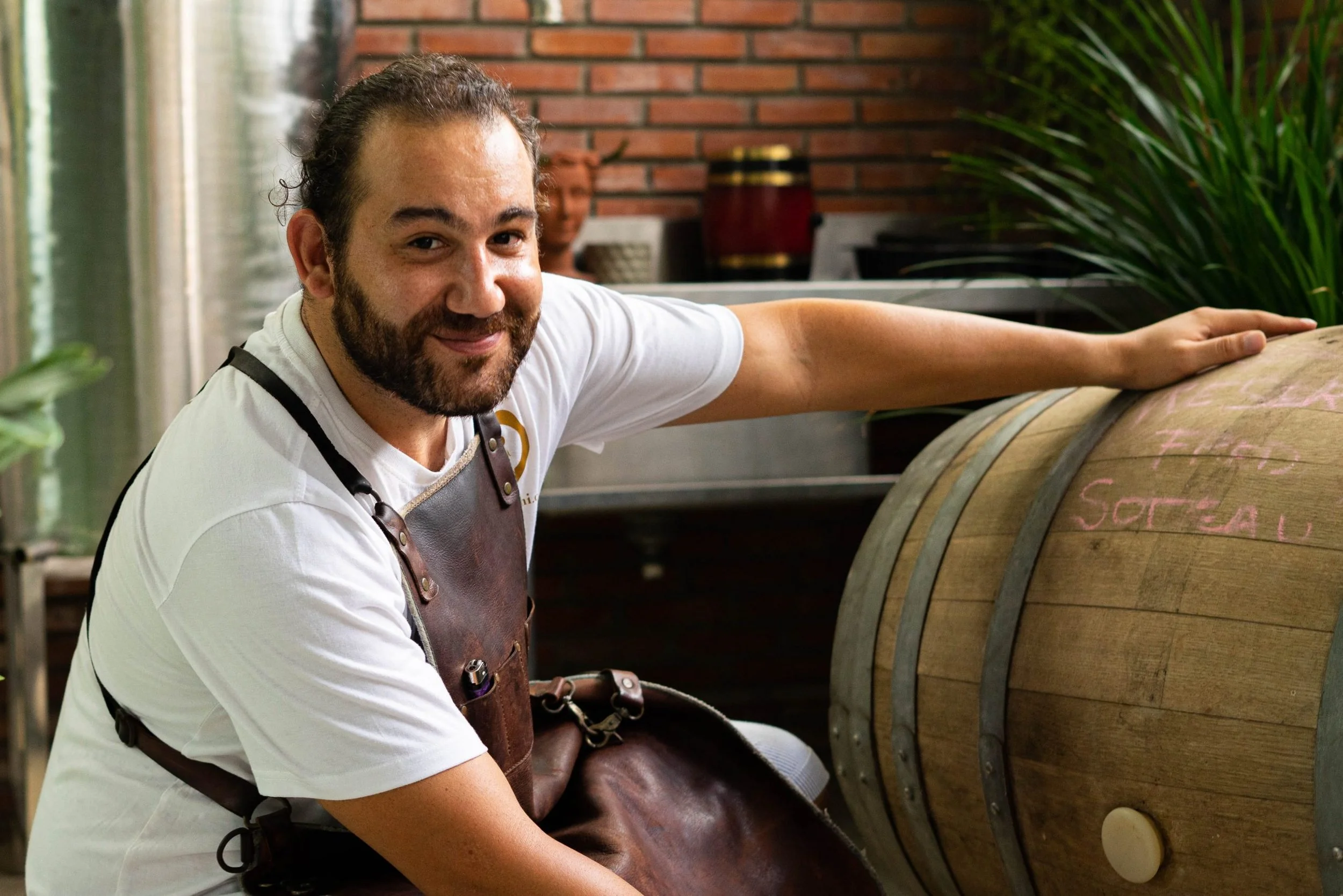

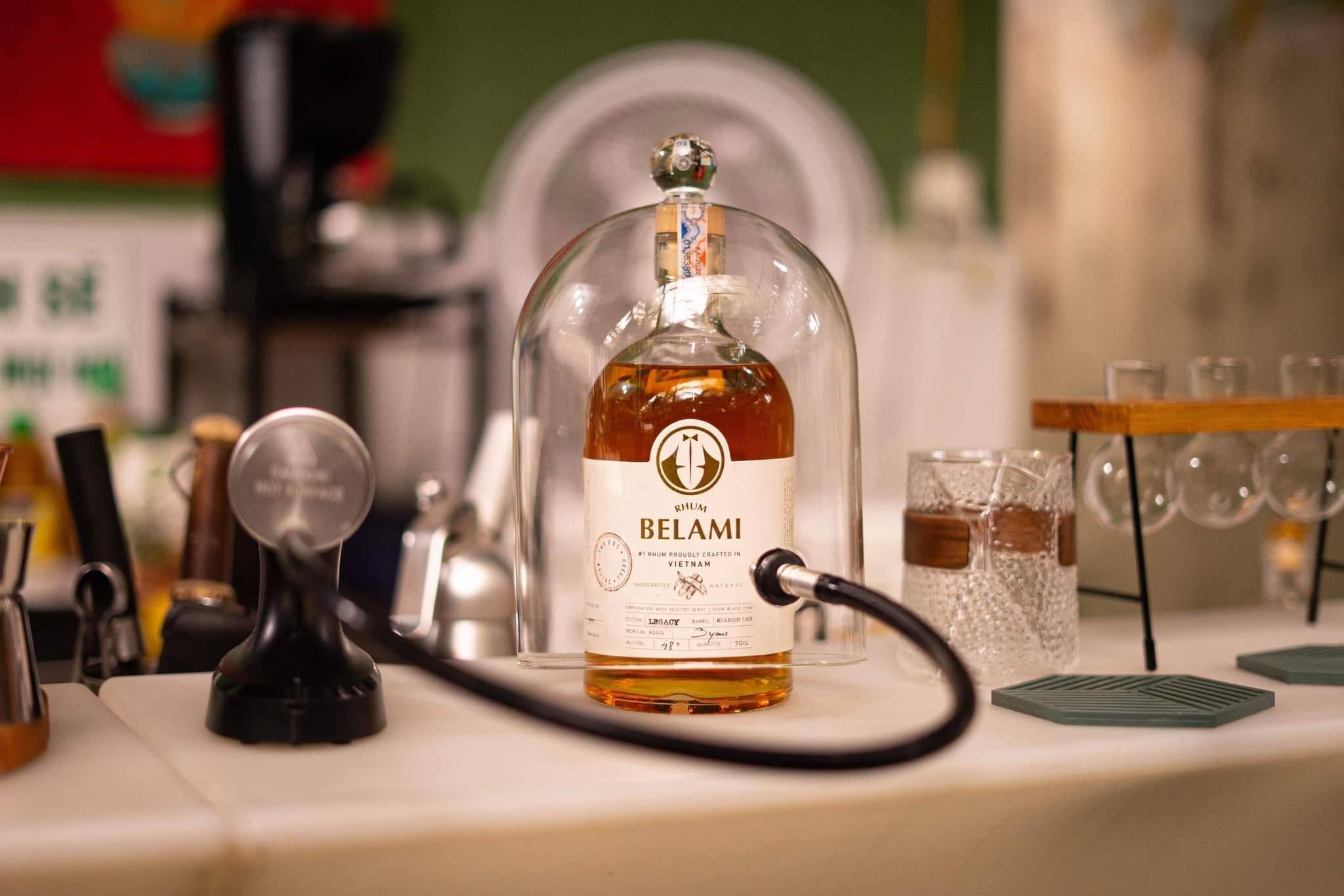
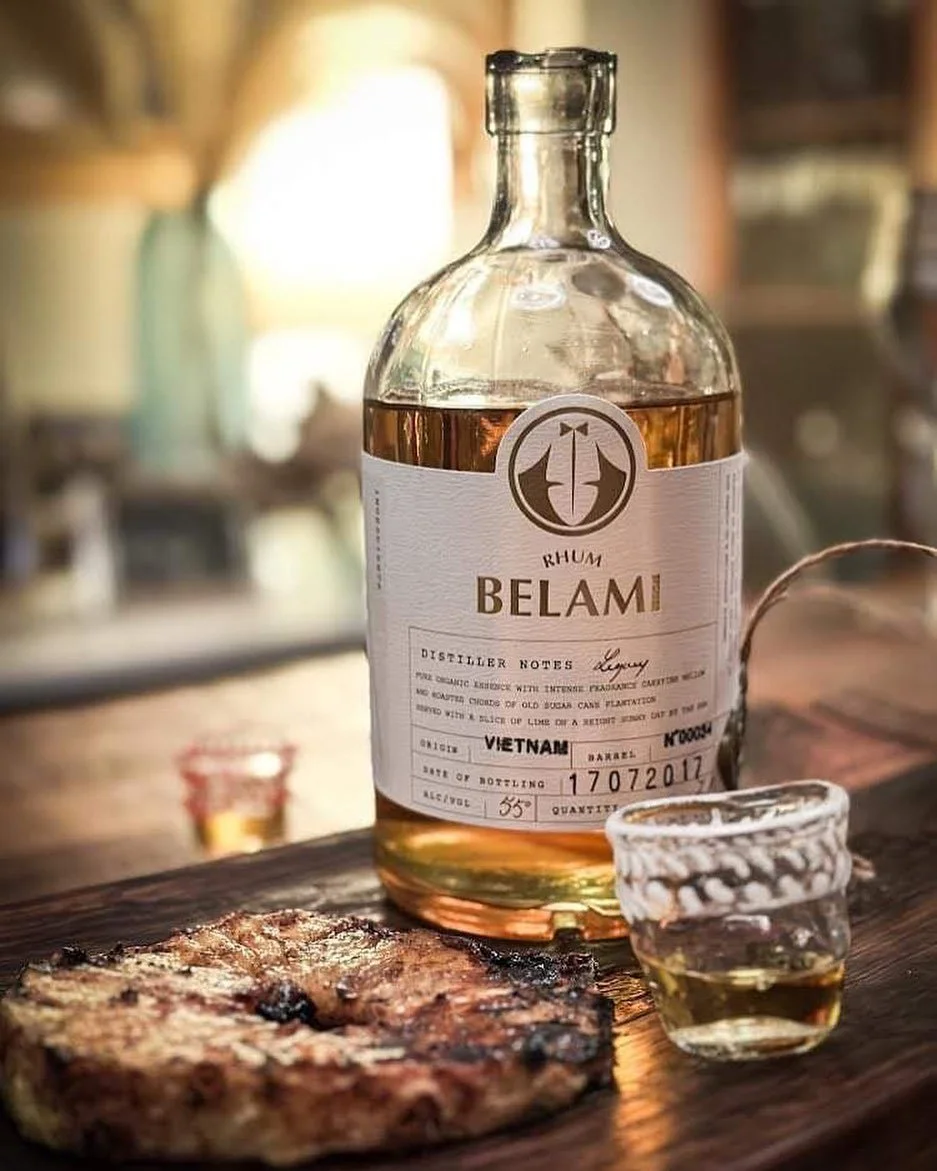
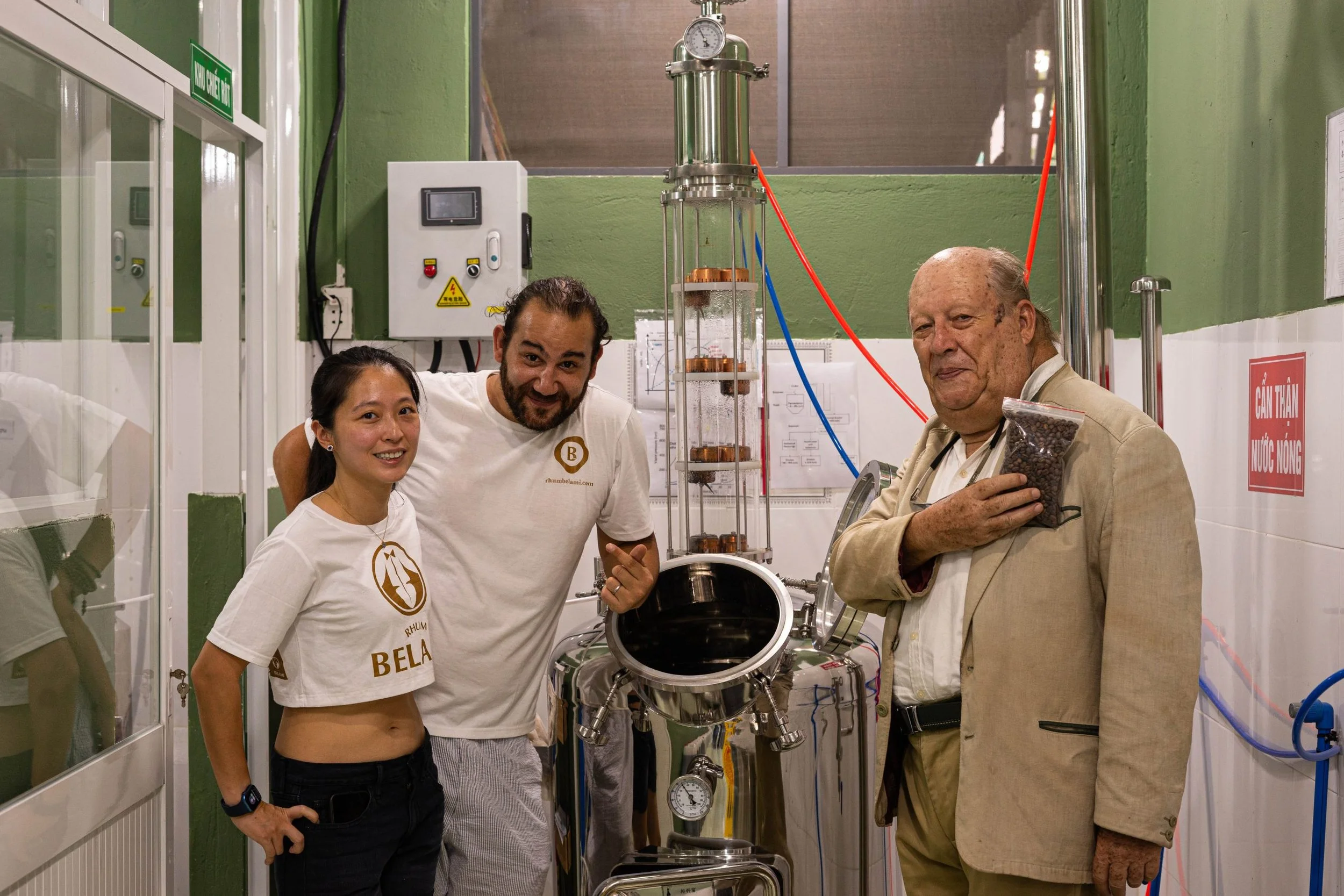

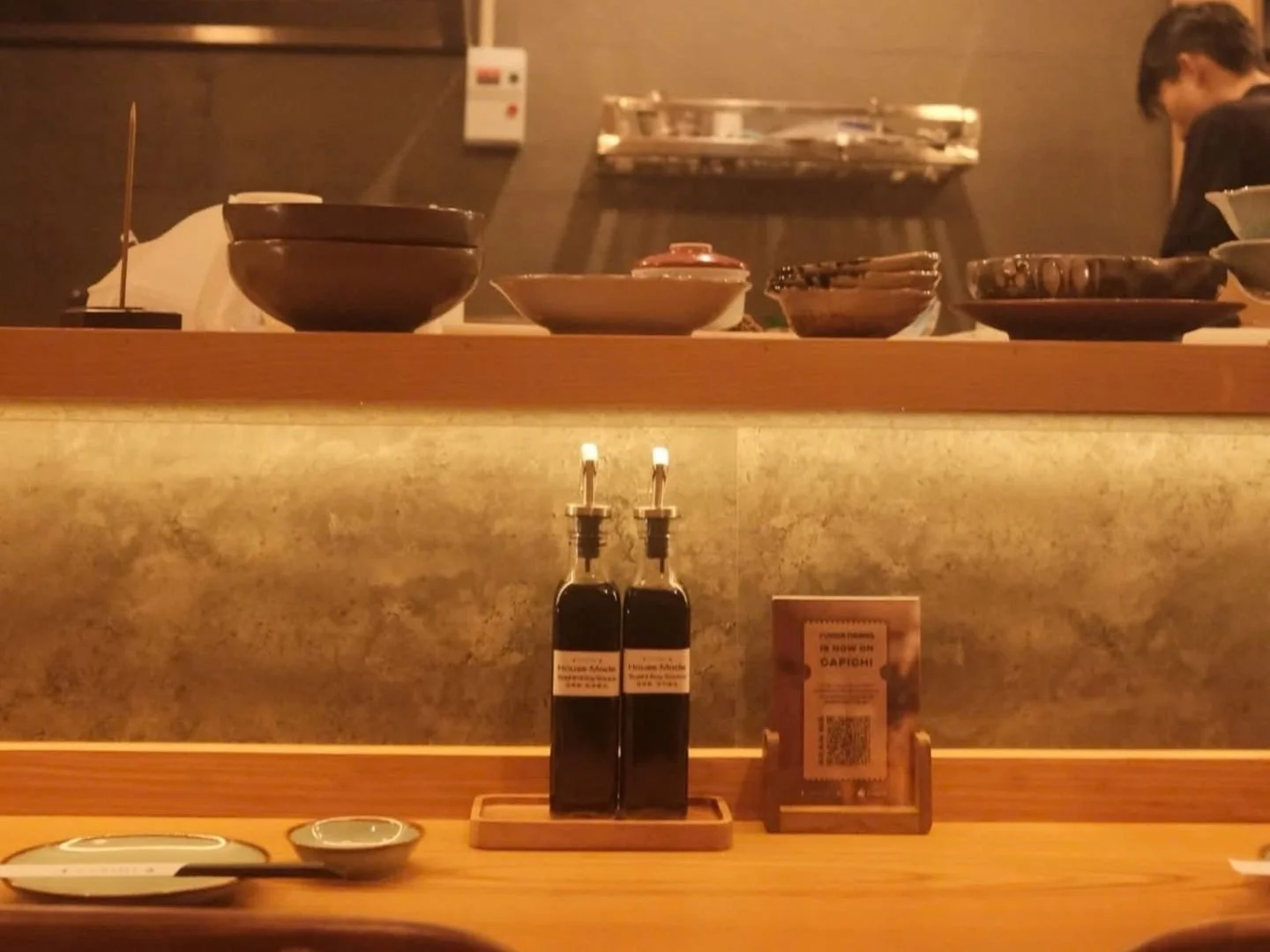
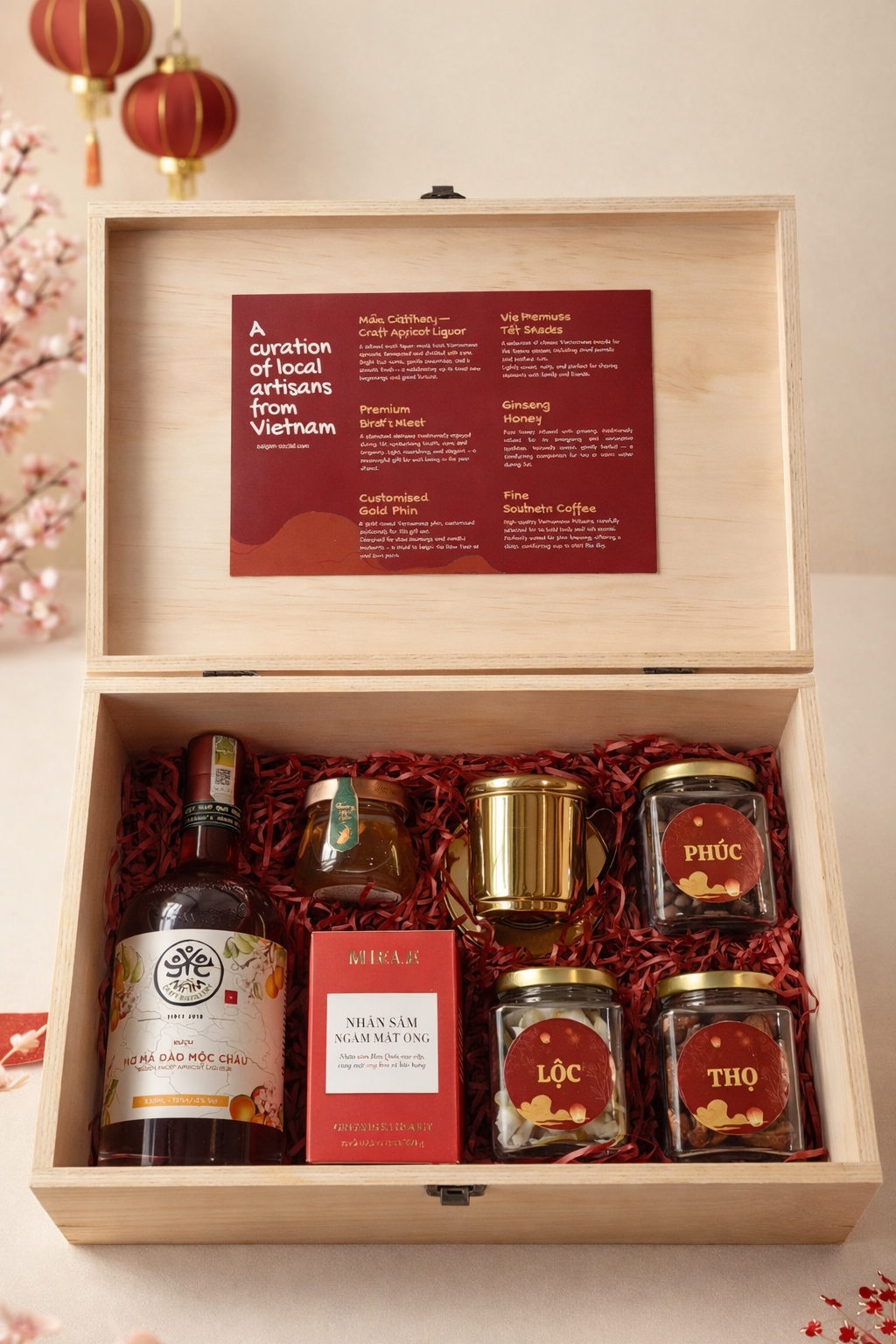
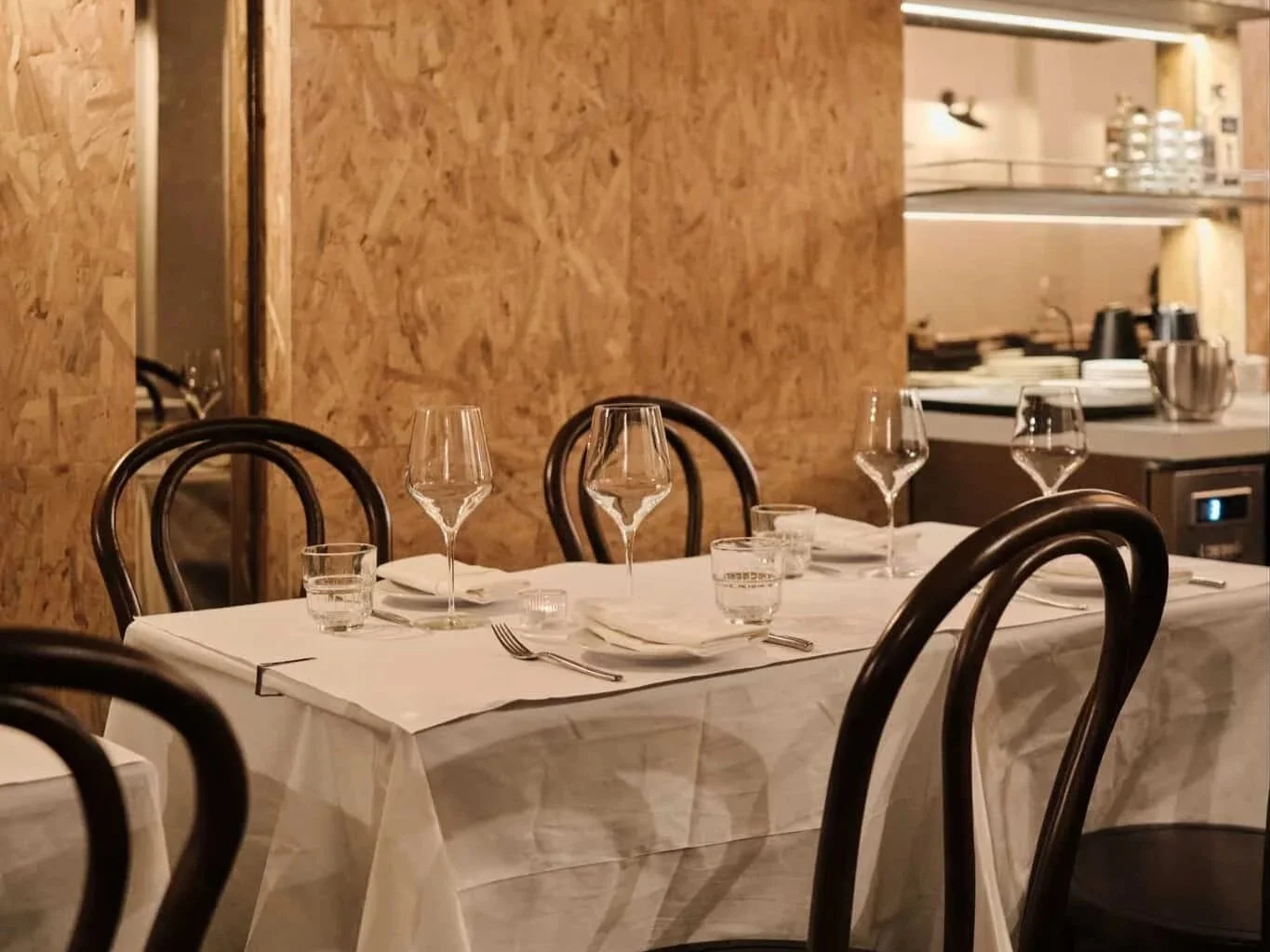









Like what you read?
Discover Vietnam’s coming-of-age food and drink scene with one of our tours and experiences exclusively available at Saigon Social